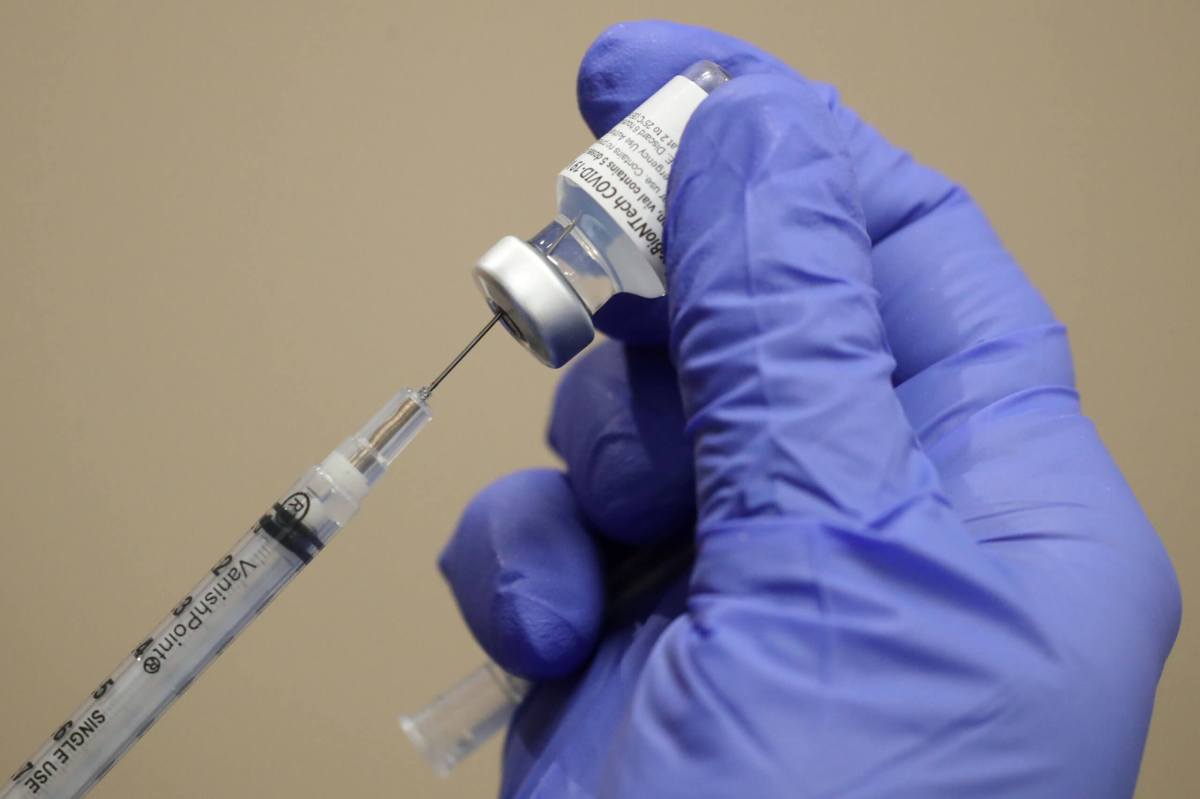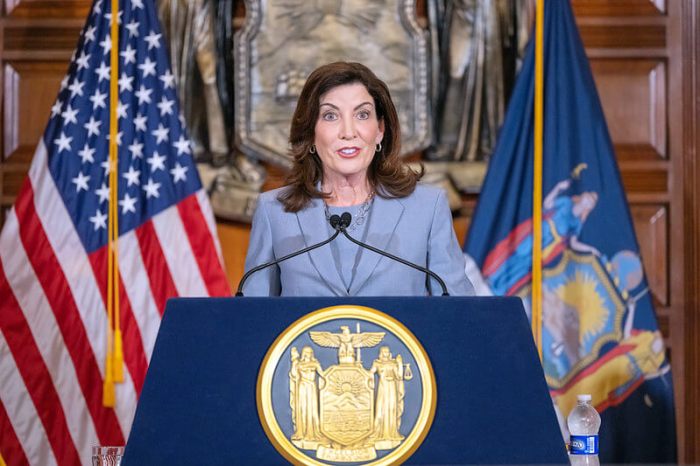In normal times, Caribbean governments would be more consumed by efforts at improving the regional tourism product, reducing crime levels, bettering education and the gross domestic product among other key areas.
But for most of the past year, much of their energies had to be diverted to managing the deadly COVID-19 virus, its effects on mental health, domestic violence, schools, tourism, the crucial air transport sector and a slew of other areas that are crucial to daily life.
Now, the focus is being switched across the region to mass vaccination of citizens as the big pharmaceutical giants ramp up production of coronavirus vaccines and as regional authorities rush to find ways to fully reopen struggling economies.
The Jamaica government, for example, this week announced an ambitious mass vaccination program targeting inoculation of 65 percent of its nearly three million people by March of next year.
Jamaica’s Minister of Health, Chris Tufton said authorities were serious about getting the vaccines into the arms of Jamaicans but fears that there might not be enough qualified health professionals to administer the doses to ordinary citizens. Others in the sector are also worried that many locals might refuse to be vaccinated, falling for suggestions that the doses are harmful to long term health.
“We have to use people who are qualified. The truth is we are limited. One of the big reasons why we can’t do more than those targets that have been set is because, as of now, based on these plan, the bottleneck is the people to implement, the technical people to implement,” he said while unveiling the program in the capital.
The island expects to receive 50,000 doses of AstraZeneca from India later this week and 15,000 from global umbrella Covax, also expected this week with the remainder totaling 125,000 doses scheduled to land on the island by mid May. The largest batch, however, will come via 1.8 million doses from the African Medical Supply Platform. Mass vaccinations are scheduled for weekends.
“We are going to be setting up very large centers. We are going to have to pull on more than just public sector doctors and nurses. In order for us to move the numbers at the pace we would like, we are going to have to depend on the private sector doctors and nurses, retired doctors and nurses, the medical teams at the Jamaica Defense Force (JDF), for example, and several other competent individuals,” Minister Tufton said.
Jamaica is now joining Barbados which has led the regional vaccination program that it started last month with a sizable donation from India. Smaller amounts were shared with neighboring Caribbean countries. Vaccines are being administered by appointments only. Walk-ins are being refused to avoid congestion, officials made clear.
Meanwhile, a Chinese shipment of 20,000 doses of the Sinophram medicine arrived in Guyana this week to be used among health and other front line workers in addition to people over age 60.
“This vaccine is extremely good. It is a very effective vaccine and when you compare that with the other vaccines, it stands out. The side effects are very minimal, so there is no reason why people should not take the vaccines,” Dr. Frank Anthony said.
In The Bahamas, Minister of Health, Renward Wells was forced to admit that the very first batch of 100,000 doses of the AstraZaneca brand through the World health Organization did not arrive as planned in recent days and officials are unsure why this is so.
“We will update the public sometime this week, later on this week. There is no disappointment. The fact of the matter is I am so happy that y’all are concerned and elated and making sure that you keep the Bahamian people informed because when it does come, we do want all of the Bahamians (to take it).”



























